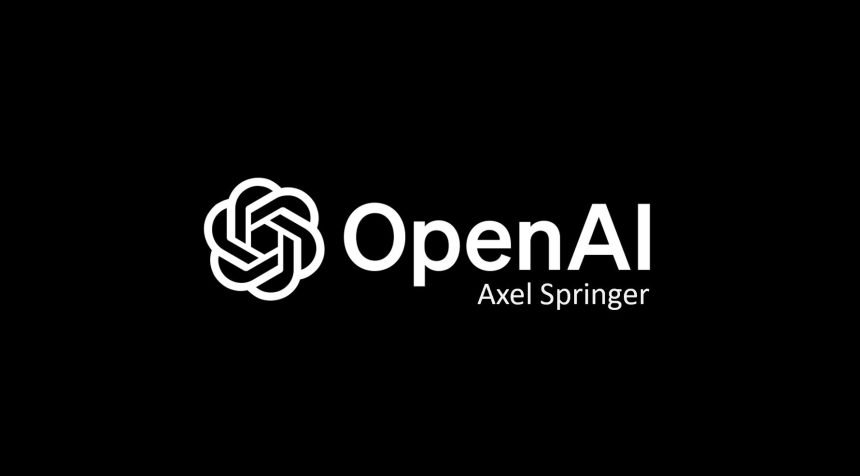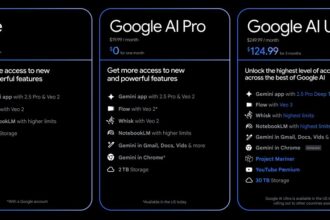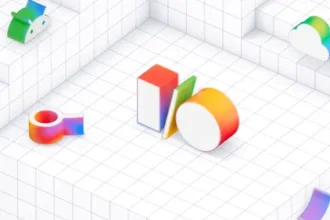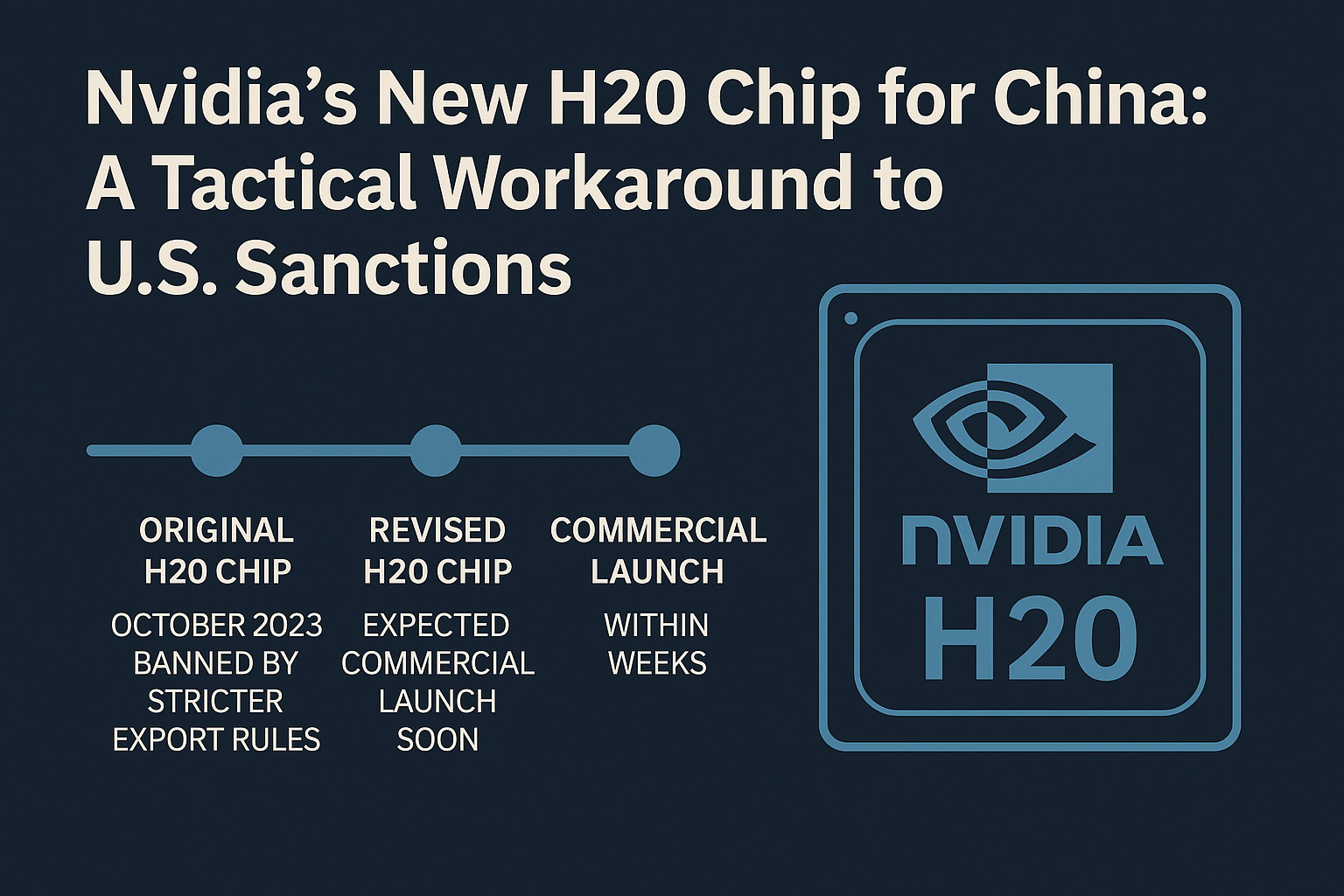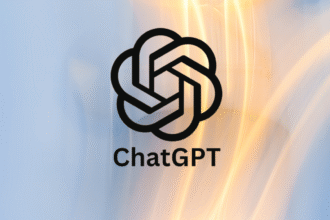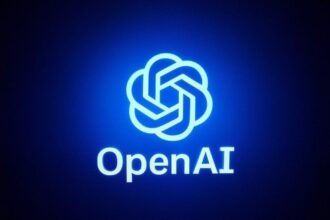OpenAI has just reached an agreement with Axel Springer, the Berlin-based owner of publications including Business Insider and Politico. This partnership will allow OpenAI to train its generative AI models using Axel Springer’s content and incorporate recent articles from the publisher into ChatGPT, OpenAI’s widely used AI-powered chatbot.
This collaboration marks OpenAI’s second journey into such agreements with news organizations, following a previous announcement about licensing some of The Associated Press archives for model training purposes.
With this agreement, ChatGPT users will receive summaries of carefully selected articles from Axel Springer’s publications, even those typically behind paywalls. These article snippets will include proper attribution and links directing users to the full content.
In return for this access, Axel Springer will receive payments from OpenAI, the specifics of which remain classified. The agreement is set to extend over several years and, while not imposing exclusivity on either party, Axel Springer expresses its commitment to supporting AI-driven initiatives that leverage OpenAI’s technology.
Mathias Döpfner, CEO of Axel Springer, expressed enthusiasm for this innovative partnership, stating, “We’re excited to have shaped this global partnership between Axel Springer and OpenAI — the first of its kind. We want to explore the opportunities of AI-empowered journalism — to bring quality, societal relevance, and the business model of journalism to the next level.”
This collaboration comes at a time when the relationship between publishers and generative AI vendors is marked by tension. Publishers are increasingly concerned about copyright infringement, particularly as generative models risk diverting traffic from traditional search results.
Google’s SGE, a new generative AI-powered search experience, for example, has the potential to decrease traffic to links in traditional search results by up to 40%.
Publishers also raise objections to vendors training AI models on their content without established compensation agreements. This concern is fueled by reports that major tech companies, including Google, are experimenting with AI tools to summarize news.
To address these issues, a coalition of media organizations, including Getty Images, The Associated Press, the National Press Photographers Association, and The Authors Guild, published an open letter in August.
The letter calls for increased transparency and copyright protection in AI and urges policymakers to consider regulations that mandate transparency in training datasets and enable negotiations between media companies and AI model operators.

